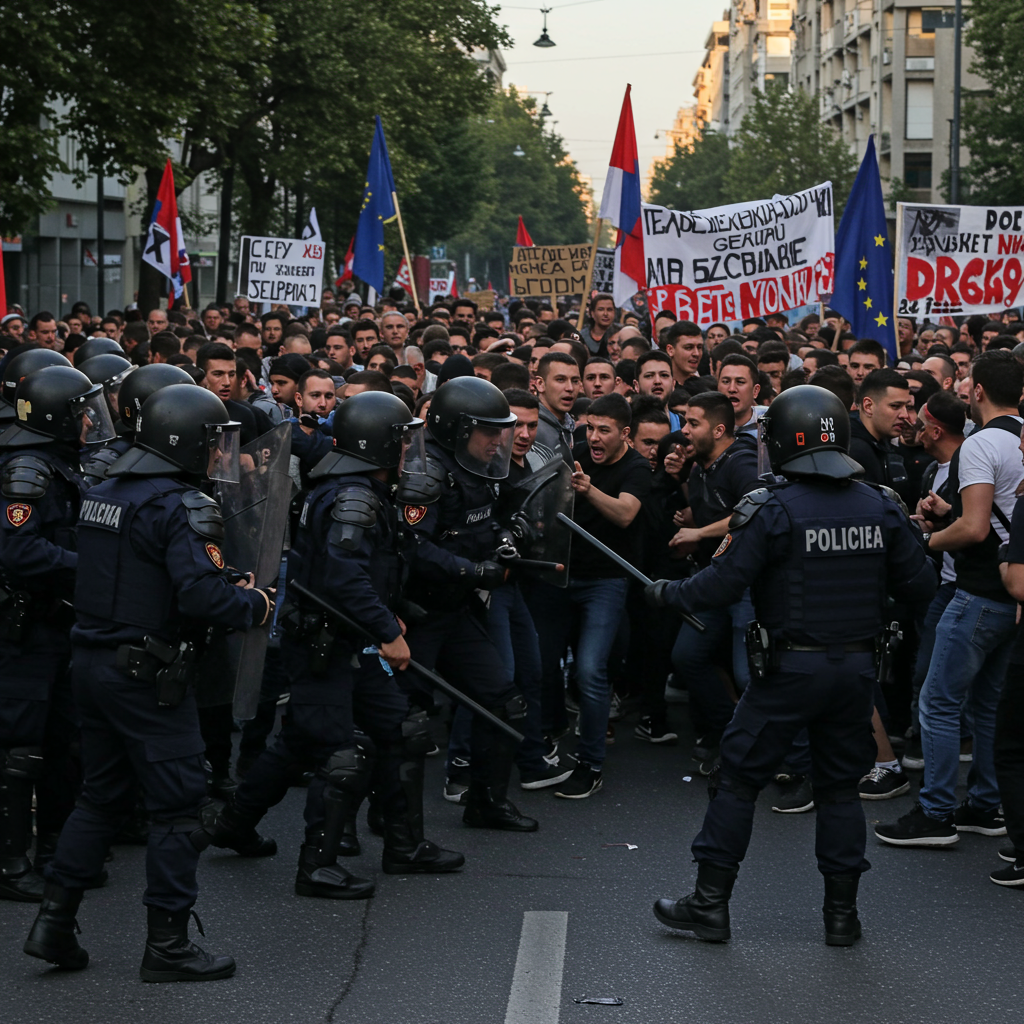A hospital strike in Sudan has resulted in the deaths of over 40 people, including children and medical staff, prompting outrage from the head of the World Health Organization (WHO). The attack underscores the brutal reality of the ongoing civil war in Sudan, now in its third year.
WHO Director-General Tedros Adhanom Ghebreyesus described the incident as “another appalling attack” on healthcare facilities in the conflict-ridden nation. Taking to social media, he issued a stark reminder: “attacks on health must stop everywhere!”
Sudan Hospital Attack: The Deadly Toll
The Al-Mujlad Hospital in West Kordofan state, situated near a frontline in the conflict, was struck on Saturday. This facility, located in the town of Muglad, was critically important as it was identified by the Sudan Doctors Network as the area’s “only functioning healthcare facility.”
The WHO office in Sudan confirmed that among the more than 40 fatalities were at least six children and five dedicated health workers. Dozens of other civilians and medical staff were also injured in the strike. The Emergency Lawyers group noted the hospital housed a vital dialysis unit and primarily served civilians, not military personnel.
Who is Responsible? Accusations Fly
Responsibility for the attack on Al-Mujlad Hospital remains disputed. The Rapid Support Forces (RSF) militia and two prominent civil society groups, including the Sudan Doctors Network and the Emergency Lawyers group, have publicly blamed the Sudanese army (SAF) for the strike.
The Sudan Doctors Network specifically alleged that the army’s motive was to target RSF fighters they claimed were “stationed inside” the hospital at the time of the attack. Neither the SAF nor the RSF has issued a public comment regarding the incident or the specific claim about the presence of RSF fighters within the facility.
Context: Sudan’s Worsening Humanitarian Crisis
The deadly assault on Al-Mujlad Hospital unfolds against the backdrop of a conflict that the UN has labeled the world’s worst humanitarian crisis. Since the civil war erupted in April 2023 between the Sudanese army and the RSF, the scale of suffering has been immense.
Thousands of civilians have been killed across the country, and millions more have been displaced from their homes. Evidence reviewed by BBC News Arabic indicates that both warring factions have been accused of committing war crimes, including deliberately targeting medical facilities and personnel. The conflict has also brought renewed allegations of genocide in the Darfur region.
The Broader Toll on Children
Beyond the direct casualties of attacks like the one in West Kordofan, the war is having a devastating impact on children across Sudan and in neighbouring countries. The head of the UN children’s agency, Unicef, Catherine Russell, recently warned of a “worsening crisis” for Sudanese children.
She highlighted that the vital aid response is severely underfunded, lacking two-thirds of the necessary resources. Hundreds of thousands of vulnerable children, whether displaced within Sudan or living as refugees in places like Chad, are bearing the brunt of the conflict. Many suffer from severe malnutrition, are out of school, and face serious risks of exploitation and disease. Harrowing reports have emerged detailing accounts of armed men committing acts of sexual violence against children, some as young as one year old, leading to profound trauma and even suicide attempts among victims.
The attack on Al-Mujlad Hospital serves as a grim reminder of the indiscriminate violence plaguing Sudan and the critical need for all parties to the conflict to respect international humanitarian law and protect civilians, healthcare facilities, and medical workers.



